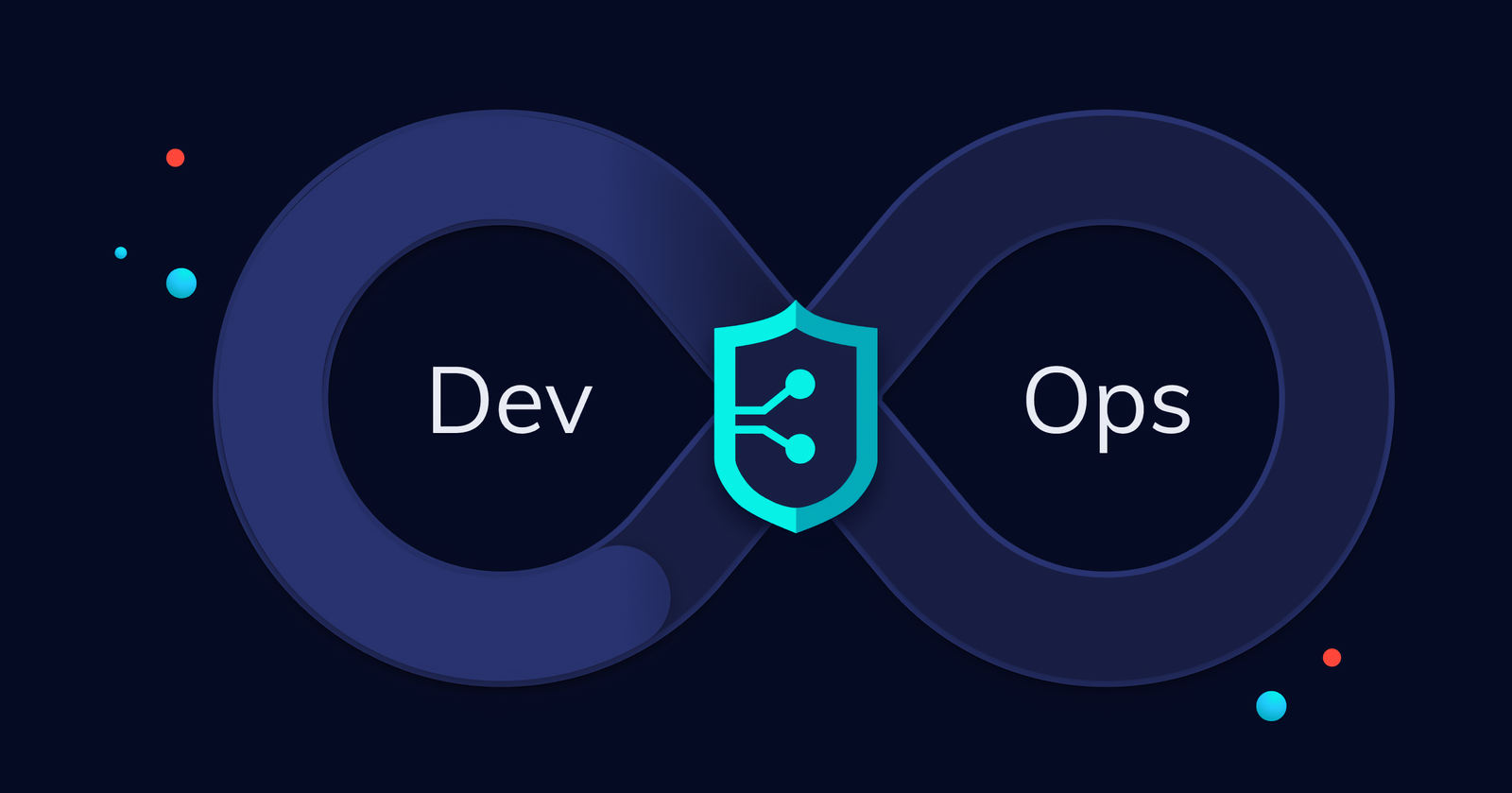DevSecOps Training

DevSecOps Training is an intensive training program designed to integrate safe practices into software sicuses (SDLC). With a collaborative approach, this bootcamp is educating petierta cota ways of signaling (Sec) with sheds and ops. The goal is to set aside the continuing culture of faith, where every member of the team has a shadow over their eyes.
Process of Digital Forensic & Incident Response
Process of DevSecOps Training:
1. Initial Consultation
Discuss with a client to encode the culture and tannan related attitudes in software browser.
2. Curriculum Preparation
Mixing a training curriculum that’s adjusted to client specific needs, revoking payment and tool integration.
3. Training Implementation
Provided interactive training with instructors, practical simulations, and a direct project to implement the concept of DevSecomps.
4. Evaluation and Feedback
Measuring the understanding of the participants through the exam and assessment of the project, and gathering feedback for the improvement of the program.
5. Certification
Giving certificates to the participants who successfully completed the boot camp as a competency recognition in DevSecOps.
6. Post-Training Support
Offering follow-up sessions and audit services to ensure effective DevSecOps practices in the client’s environment.
Why are DevSecOps Training Important?
Benefit of DevSecOps Training:
- Contact Us
Ready to
Get Started?
Book a free consultation today, and we’ll write you back within 24 hours.
